Crédits photo
- Melun Val de Seine Toeristenbureau
- Ville de Melun Val de Seine
- Julien Meneret
- Didier Paris
- Collectif Images
- Alticlic
- Pascal Gaël
- Jérome Mignon
- Michel d’Anastasio
- Frederic Miel
- Sophie Loyd
- Thierry Benne

Listed as a Historic Monument, the Collegiate Church of Notre-Dame, founded by King Robert the Pious, is a fine example of 11th-century Romanesque art in Melun.
A royal building from the 11th century
Founded between 1016 and 1031 by King Robert the Pious, the collegiate church of Notre-Dame bears witness to the Romanesque art of the 11th century in the Ile-de-France region.
The 50-metre-long nave, with its large arcades and high windows, was built in a single stretch. There are also 12th-century cross vaults and remarkable Gothic capitals, sculpted with bouquets of palmettes and mermaid birds.
A portal of infinite grace according to Auguste Rodin
In the 16th century, the façade was brought up to date in the Renaissance style. Between 1515 and 1524, the south tower was repaired.
The emblem of François 1st and the initial of Queen Claude of France were affixed to the west face, which can still be seen today.
Auguste Rodin wrote about it in Les cathédrales de France in 1911, describing the collegiate church's portal as "of infinite grace".
Listed as a Historic Monument
This building was selected by Prosper Mérimée in 1840 as a monument of national interest, a list that prefigured the Monuments Historiques list.
The collegiate church of Notre-Dame de Melun is also famous for having housed the famous "Diptych of Melun", painted by Jean Fouquet around 1450.
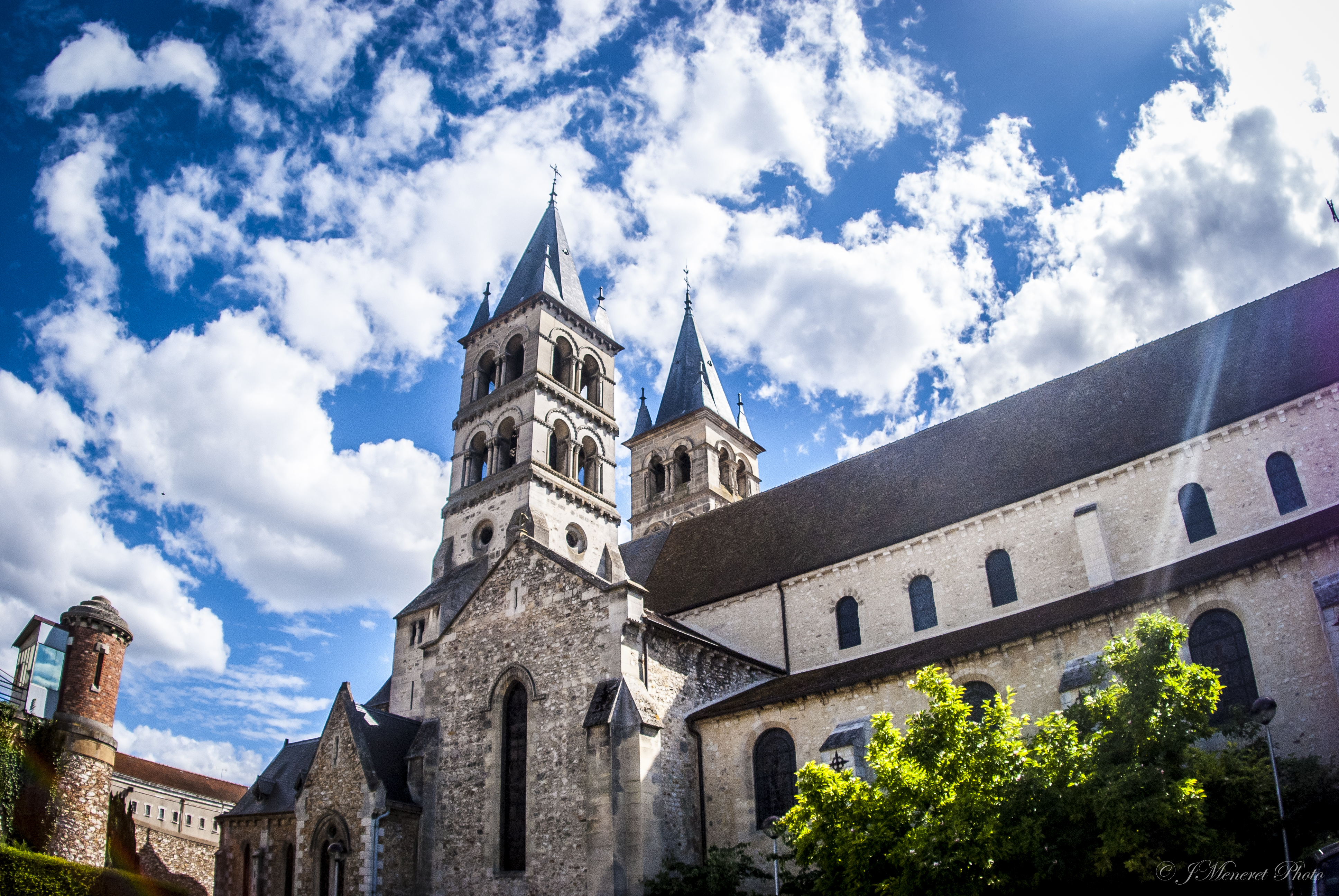
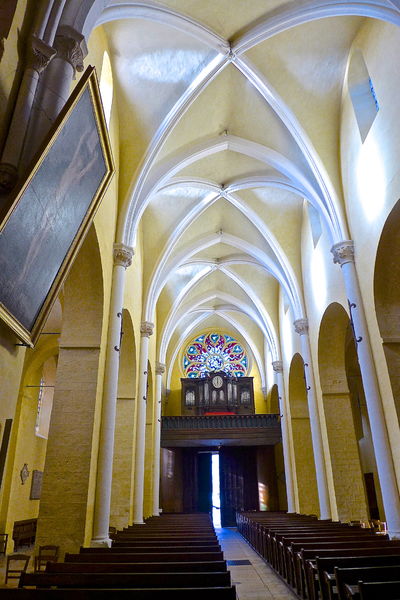
© Thierry Benne
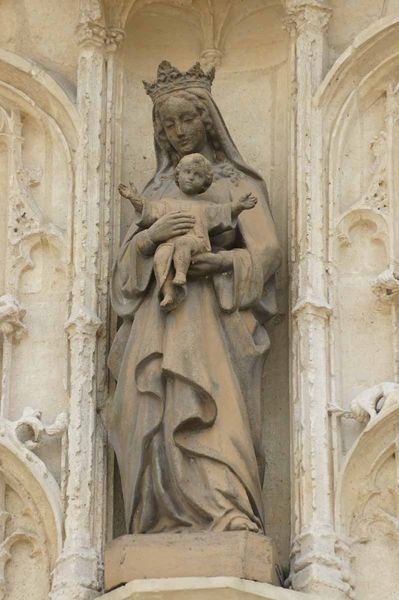
© Collectif Image
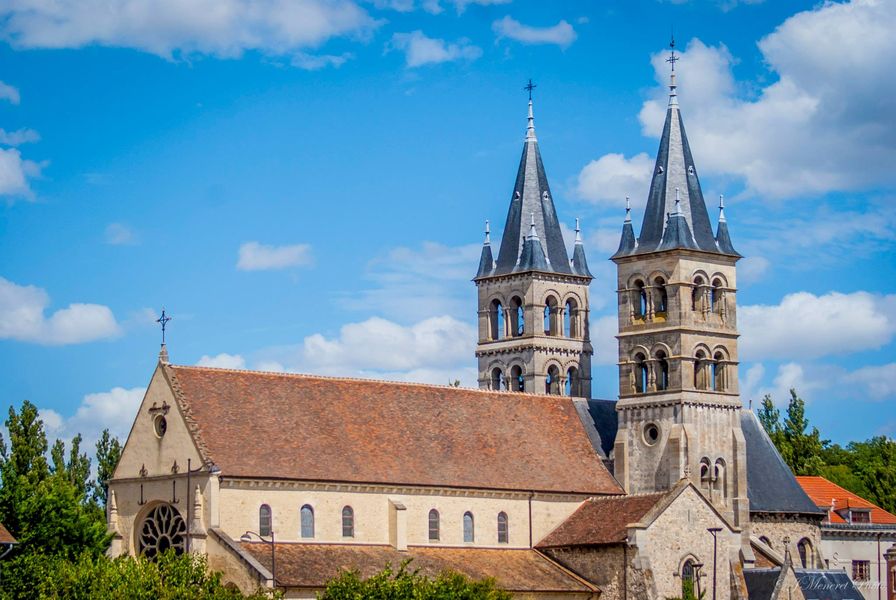
© Julien Meneret
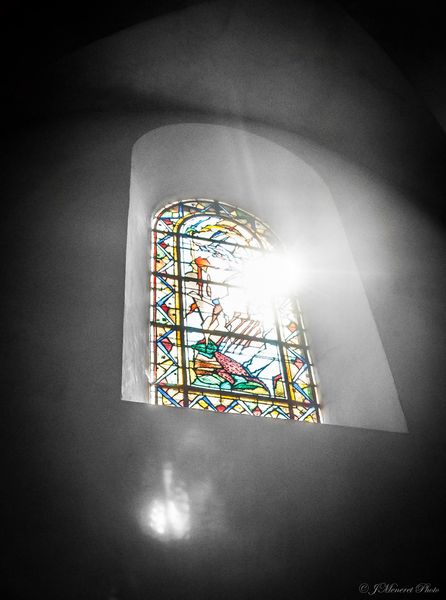
© Julien Meneret





Free entry.